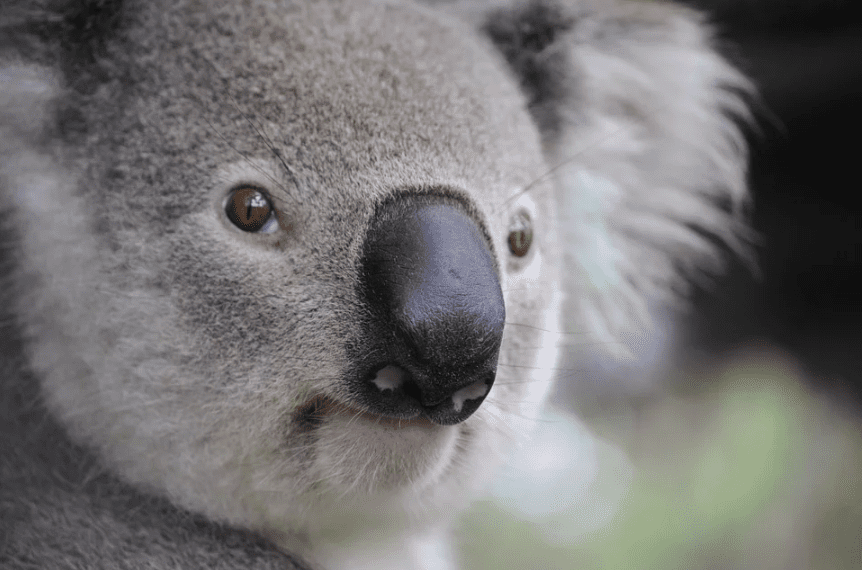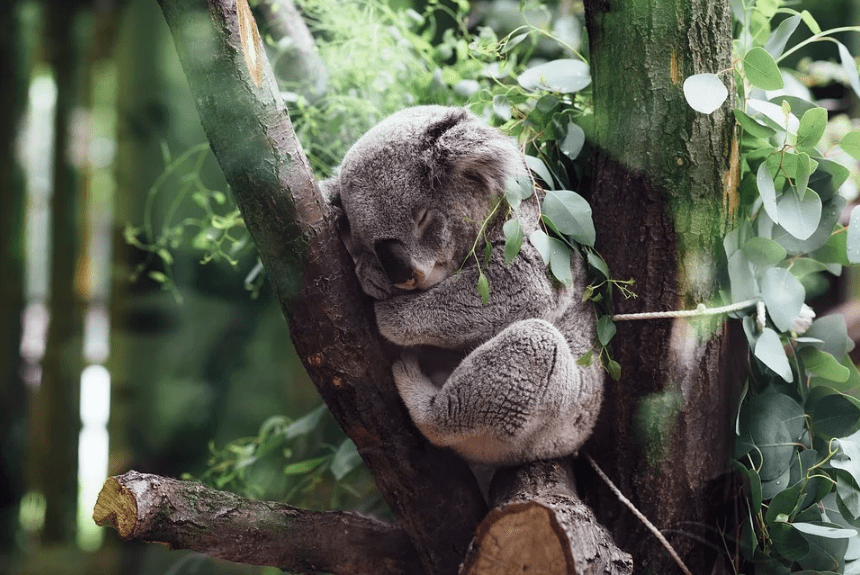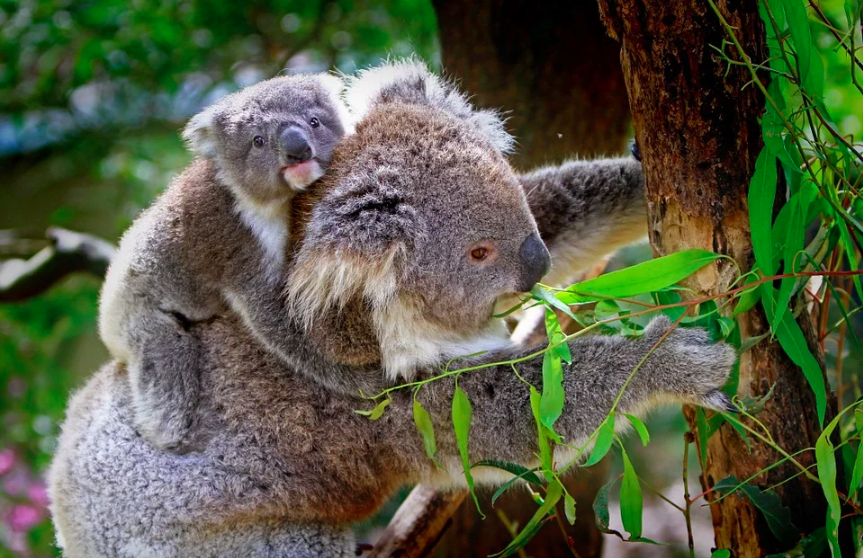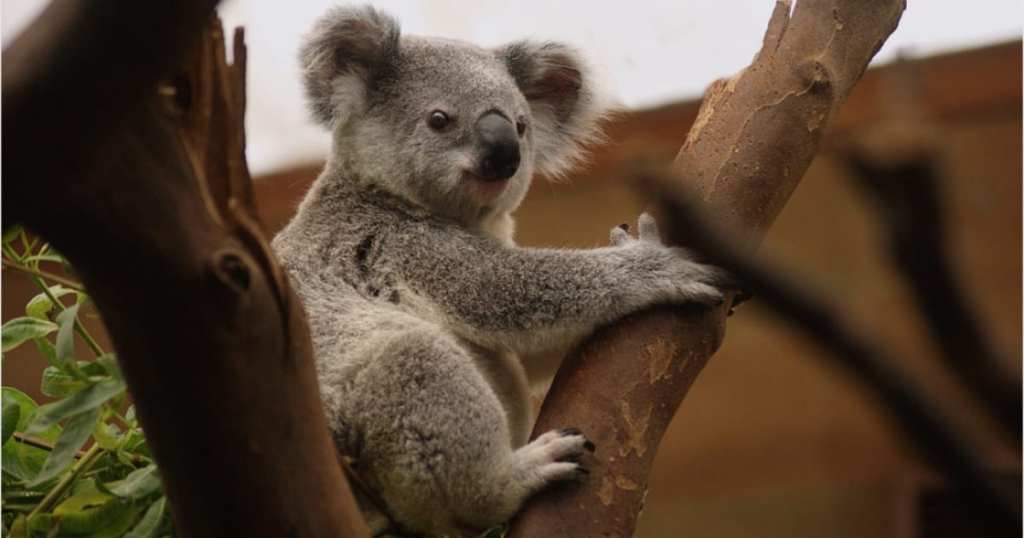We’ve sadly been hearing a lot about koala bears lately because of the bushfires ripping through Australia. The flames and smoke have decimated a huge portion of the koalas’ natural habitat and killed enough individuals that experts estimate they may now be an endangered species.
But how much do we in the States know about this cute, furry little guys, really? I know that I learned a ton of new things when I visited a sanctuary outside of Brisbane, but I definitely don’t remember them telling us that the animal we know as a koala bear isn’t a bear at all.

Image Credit: Pixabay
In fact, they’re not even closely related to bears – they’re much more like another Australian animal, the kangaroo, which also raise their underdeveloped young in a pouch.
Both animals are mammals, like bears, but they re classified as Marsupialia, order Diprotodontia, family Phascolarctidae, genus Phascolarctos.
And that’s a very different branch of the tree of life from where you’d find a grizzly.

Image Credit: Pixabay
Koalas are known scientifically as Phascolarctos cinerus, and they are the only living species in the genus. Though there are three subspecies of koala, their differences are very minor.
Therefore, the koala is more closely related to the kangaroo and the wombat, both members of the order Diprotodontia, than to bears, which are in the order Carnivora.
You might be wondering, then, how they got so mis-named in the first place. Well, as with most things, we can blame English-speaking settlers.
In the 18th century, they spotted the animal for the first time, and, due to it’s bear-like appearance and behavior, they made an assumption.

Image Credit: Pixabay
You know, like how they met Natives all over the world and assumed they were “savages” based on strange (to them) appearances?
The koala’s scientific name comes from what Englishmen thought they observed – Phascolarctos is derived from the Greek phaskolos (pouch) and arktos (bear).
And now you know, though I doubt the sleepy little animals will much care what we call them as long as we save them from burning alive.






